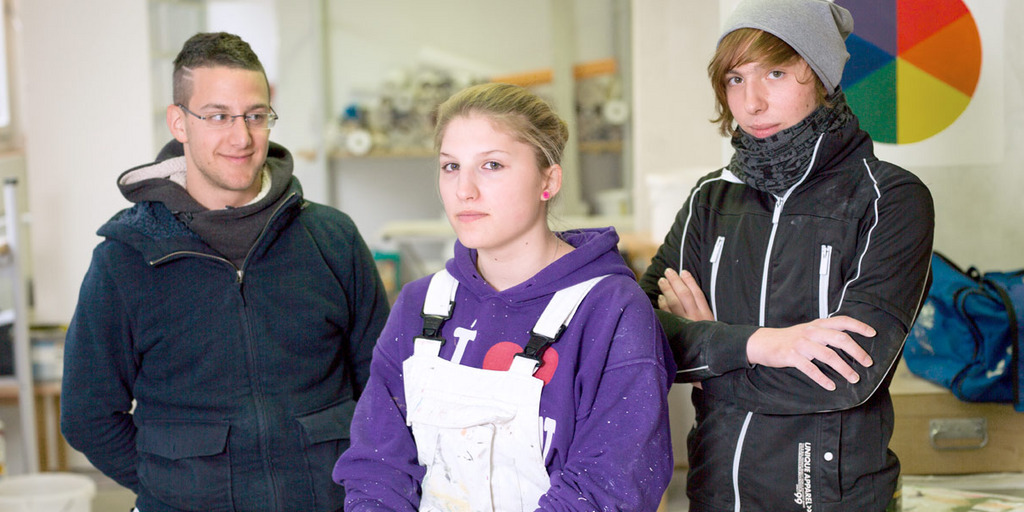
Veit Mette
Vocational Training: Opportunities for Everyone
The “Vocational Training: Opportunities for Everyone” initiative promotes reforms targeting greater flexibility of vocational training in Germany. Because everyone should have the chance to develop their skills and talents, vocational training should address a broader spectrum of capabilities among youths.
Germany's dual vocational-training system has several advantages and is renowned internationally for its capacity to ensure low youth-unemployment rates. In implementing similar systems, many countries around the world are drawing on the German model. But the German system must also undergo reforms in order to face emerging challenges. Each year, some 150,000 young people in Germany remain without a vocational certificate and another 250,000 are placed in training only after having spent time in the school-to-work transition system. Young people with disabilities or a migration background are particularly disadvantaged in securing an apprenticeship. And while those without such training face diminishing opportunities in the labour market, Germany faces a shortage of skilled workers with qualifications. As a society, we therefore cannot afford to ignore the vocational training needs of young adults.
We cannot afford to leave young people without vocational training
Within the framework of our "Vocational Training: Opportunities for Everyone" project, we aim to foster a shift in thinking in Germany about vocational education. We advocate for a more flexible system in Germany with the capacity to adapt more efficiently to the needs and capabilities of individuals. Everyone, including those without any training whatsoever, should have access to the system and a fair shot at success.
What we do
To achieve this goal, the Bertelsmann Stiftung has, together with Germany's Federal Employment Agency and 12 ministries in eight federal states, drafted recommendations for improving the vocational-education system. Together, the partners have proposed recommendations in three key vocational training areas:
1. Opportunities for people with disabilities (inclusion);
2. Lateral mobility between vocational training and academic education (lateral mobility);
3. Improving access to vocational training opportunities for young people with a migration background (integration).
In addition, together with experts, we're developing a report on the state of vocational education in each federal state. We are also exploring the extent to which Germany's dual system can be implemented in other countries and thereby help reduce youth unemployment.








